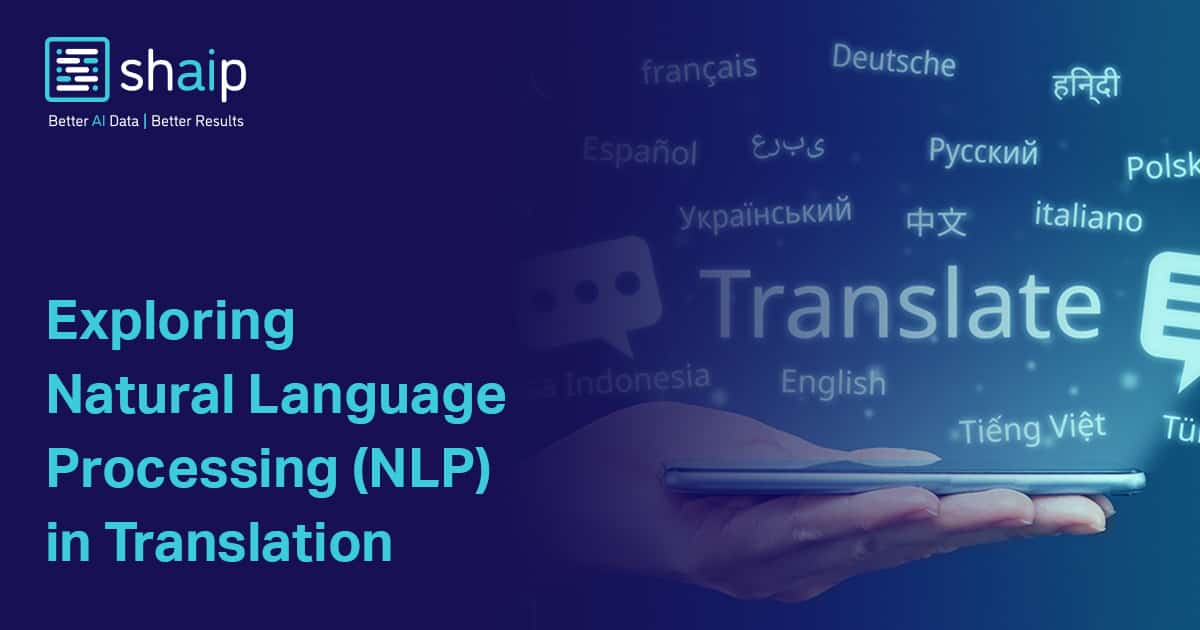
[ad_1]
Global AI is growing at a rapid pace and will reach $1847 billion in 2030. It is important to know what intelligence you are dealing with, as AI has taken center stage.
Ethics AI is aimed at creating solutions and systems that are ethical, while responsible AI concentrates on ethical systems. moral integrity. AI can be used to help businesses scale up. Ethical AI is also concerned with justice, but it may not prioritize efficiency or speed.
These differences help us to become better AI users and developers. We’ll explore ethical AI in this article.
What is responsible AI?


The approach of responsible AI focuses both on the ethical and legal elements in development as well deployment. The goal is to develop AI that’s reliable, safe and morally correct. The implementation of responsible AI will increase transparency and help minimize bias in AI.
The advocates of responsible AI stress the need for a set of universal guidelines. They can be used to guide organizations around the world in creating AI systems that are user-friendly, transparent and human-centric. The use of a responsible AI framework will ensure fair and transparent outcomes.
However, standards for AI which is reliable are not always uniform. These standards are dependent on the data scientist and developer who develop and implement AI solutions in an organization. The different ways that companies prevent biases and maintain transparency are a result of this.
In many different sectors, responsible AI can be implemented. AI tools, for example, can reduce bias and help human resource managers make ethical, fair, and efficient talent decisions.
The importance of AI for business
AI is becoming more common, and responsible AI has a place in business. Here’s how:
- Trust BuildingResponsible AI is a way for companies to gain the confidence of stakeholders and customers. This can result in increased brand loyalty as well as a more positive reputation.
- Mitigating the RiskThe use of Responsible AI can reduce the risk that a company will suffer legal or reputational harm. This helps to avoid biases, and it ensures that data privacy laws are adhered to.
- Enhancing Decision MakingThis leads to more effective strategies. This results in more effective business strategies.
- Innovation and SustainabilityPractices that promote responsible AI encourage innovation while staying within the ethical boundaries. Responsible AI is likely to lead companies to long-term successes.
What is Ethical AI?


The term ethical AI is used to describe artificial intelligence (AI) systems which are designed with fairness, transparency and accountability in mind, as well as respect for human rights. It is able to make decisions that are morally correct and respect the rights of everyone.
Here, the main goal is to be fair and open with all users, as well as responsible in any outcome. A hiring AI that doesn’t discriminate against candidates on the basis of gender or race would be a good example.
Ethics in AI are not only a matter of technology, but also a question of social responsibility. It is important to ensure that AI operates in a fair and transparent manner as it grows into a larger part of our daily lives. It helps to avoid unfair practices, and promotes a technology-driven society.
The importance of ethical AI for business
The ethical implications of AI are gaining increasing attention and relevance as AI develops. There are several reasons why ethical AI is becoming increasingly important.
- Public SafetyEthics in AI are crucial to ensuring the safety of public. Self-driving vehicles, for example, require ethical algorithms in order to make decisions during an emergency.
- Fraud PreventionAI that is ethical can protect against abuse, since it could be used to scam people. AI has been used, for instance, in the aforementioned scam. $243,000 scam You can be a better CEO in 2019.
- Eliminating Bias: Addressing unconscious bias in AI is essential. Failure in an algorithm can reinforce harmful stereotypes about gender, race and age.
- Prominent ConcernBill Gates and other industry leaders have stressed that AI risk assessment is necessary to prevent future crises.
What are the differences between ethical AI and responsible AI?
There are important differences between responsible AI and ethical AI. These differences help to explain why the two can sometimes appear at odds.
| Criteria | When you are a Responsible A.I. | Ethical AI |
| The Goal | AI is a tool that can be used to ensure safe, transparent, and ethical interactions between users. | Aim to create AI capable of making morally-sound decisions that treats users equally. |
| Scope | Can be used for a variety of sectors, including healthcare and finance. | It addresses broader social values such as fairness, transparency, and accountability. |
| Implementation | It involves a multidisciplinary approach including the involvement of legal experts in governance. | A multidisciplinary team is also required, with a greater focus on morality and ethics |
| Users Experience | The company strives for an experience that’s both ethical and efficient. | It is possible that speed can be sacrificed in order to achieve a more fair, unbiased and impartial experience. |
Role of data in responsible and ethical AI
Data is the foundation of both Ethical and Responsible AI. For Responsible AI, the data are essential to make ethical and transparent choices. To eliminate bias and guarantee fairness, data analysis plays a crucial role in Ethical AI.
Data for Responsible AI
- Safety: To protect users, data collected needs to be safe and focused on privacy.
- Governance: For accountability and traceability, detailed data logs must be maintained.
- Quality: For ethical machine-learning models, it is important to have high-quality data that are unbiased.
Ethical AI Data
- Quality: For training, it is important to have data that has been carefully selected and is unbiased.
- Transparency: To maintain accountability, data sources need to be clearly identified.
Use reliable data collection services Both types of AI can benefit from each other:
- Consistency: Uniform data ensures accurate and reliable results.
- Comprehensive: AI is able to take well-rounded and balanced decisions when it has a broad range of data.
Data collection of high quality can play a role in increasing responsibility and ethical behavior. As an example, data collected from different demographics will help EthicalAI make decisions that are ethical while also being unbiased.
[ad_2]




